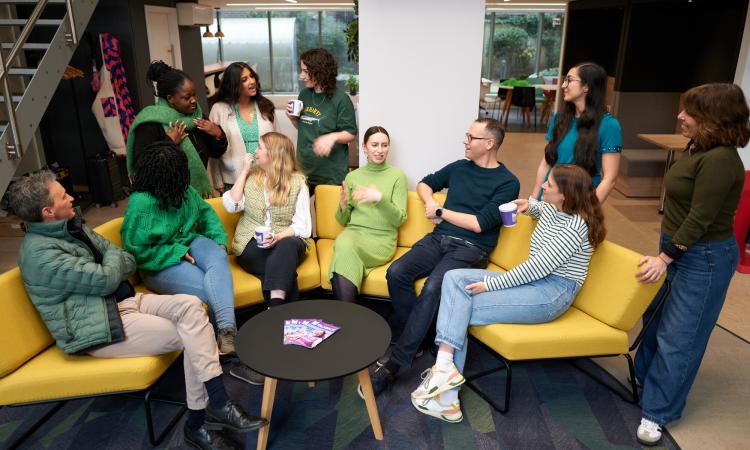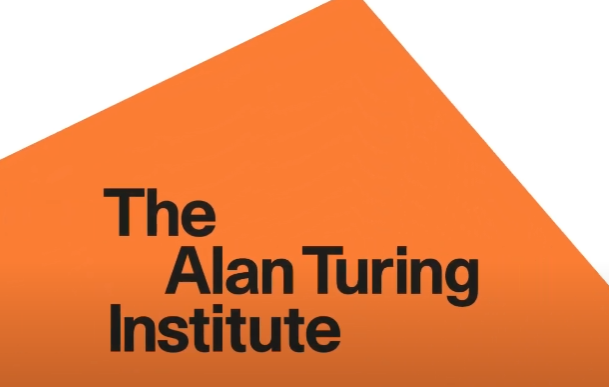From nursery nurse to head of corporate partnerships, Tracey Hallam’s career has been shaped by resilience, self-motivation, and a deep personal connection to her work.
____________________________________________________________________
How did you land your current role, and what was your career path leading up to it?
My career began in early years education as a nursery nurse, later transitioning into childminding while raising my own children. Alongside this, I volunteered extensively and organised a charity ball for a local organisation. When a position became available within that charity, I applied—despite not having formal qualifications or direct experience. What I did have was passion, determination, and a willingness to learn.
At the time, I was going through a divorce and raising three young children on my own, so failure wasn’t an option. I committed myself to self-development—learning essential skills such as managing emails, working with spreadsheets, and developing fundraising strategies, often teaching myself late into the night. It was very much a “sink or swim” moment.
Within three years, I had designed and implemented a successful fundraising strategy and consistently exceeded targets. This success opened the door to a new opportunity at Hope Against Cancer, a Leicestershire-based charity funding pioneering cancer research. Their mission deeply resonated with me, especially as it gave me a way to honour my mum’s memory while making a tangible difference.
Under the mentorship of an experienced CEO, I developed further both professionally and personally. My efforts were recognised with accolades including Female Employee of the Year, Inspirational Woman of the Year, and Woman Who Achieves in Charity.
After the COVID-19 pandemic, I moved into the corporate sector. However, in January 2025, I was diagnosed with triple-negative breast cancer. Now in recovery and showing no evidence of disease, I’ve returned to Hope Against Cancer as the Head of Corporate and Community Partnerships, bringing renewed purpose and resilience to the role.
What is the most interesting part of your job?
Engaging with individuals from both the business community and the wider public is incredibly rewarding. Hearing their personal motivations and stories inspires me to work harder. I particularly enjoy developing strong, long-term relationships that evolve into trusted professional partnerships.
What would be your alternative career?
Given that I’ve returned to the charity sector after time away, I think it’s clear that this is where I’m meant to be.
What inspired you to work in the charity sector?
Losing my mum to pancreatic cancer was the catalyst. I initially started fundraising in her memory and ran the London Marathon three times. Somewhere along the way, I realised I was more passionate about the fundraising itself than the running—I’d found my calling.
What challenges do you face in your day-to-day work?
With continued reductions in statutory funding, the pressure on corporate and community support has intensified—just as many businesses are facing financial constraints of their own. Navigating this landscape requires creativity, resilience, and a realistic approach to fundraising asks.
What would make the biggest positive difference to the sector right now?
Many small charities are under-resourced and overstretched. Greater access to shared learning and collaboration across the sector would be invaluable. Additionally, more support in adapting to generational shifts—particularly understanding how Gen Z and millennials engage with charitable causes—would help future-proof fundraising strategies.
Latest News
-
Tributes paid to 'tenacious campaigner' who co-founded Terrence Higgins Trust
-
Man who set up fake animal charity jailed for five years
-
X-odus sparks video content boom among charities, report finds
-
Charity handed £25m endowment from autistic philanthropist to help others on the spectrum
-
Civil Society Covenant blighted by delays and U-turns, report warns
-
More than 30 jobs at risk as hospice charity looks to close home care service
Charity Times video Q&A: In conversation with Hilda Hayo, CEO of Dementia UK
Charity Times editor, Lauren Weymouth, is joined by Dementia UK CEO, Hilda Hayo to discuss why the charity receives such high workplace satisfaction results, what a positive working culture looks like and the importance of lived experience among staff. The pair talk about challenges facing the charity, the impact felt by the pandemic and how it's striving to overcome obstacles and continue to be a highly impactful organisation for anybody affected by dementia.
Charity Times Awards 2023
Mitigating risk and reducing claims

The cost-of-living crisis is impacting charities in a number of ways, including the risks they take. Endsleigh Insurance’s* senior risk management consultant Scott Crichton joins Charity Times to discuss the ramifications of prioritising certain types of risk over others, the financial implications risk can have if not managed properly, and tips for charities to help manage those risks.
* Coming soon… Howden, the new name for Endsleigh.
* Coming soon… Howden, the new name for Endsleigh.
Better Society

© 2021 Perspective Publishing Privacy & Cookies














Recent Stories